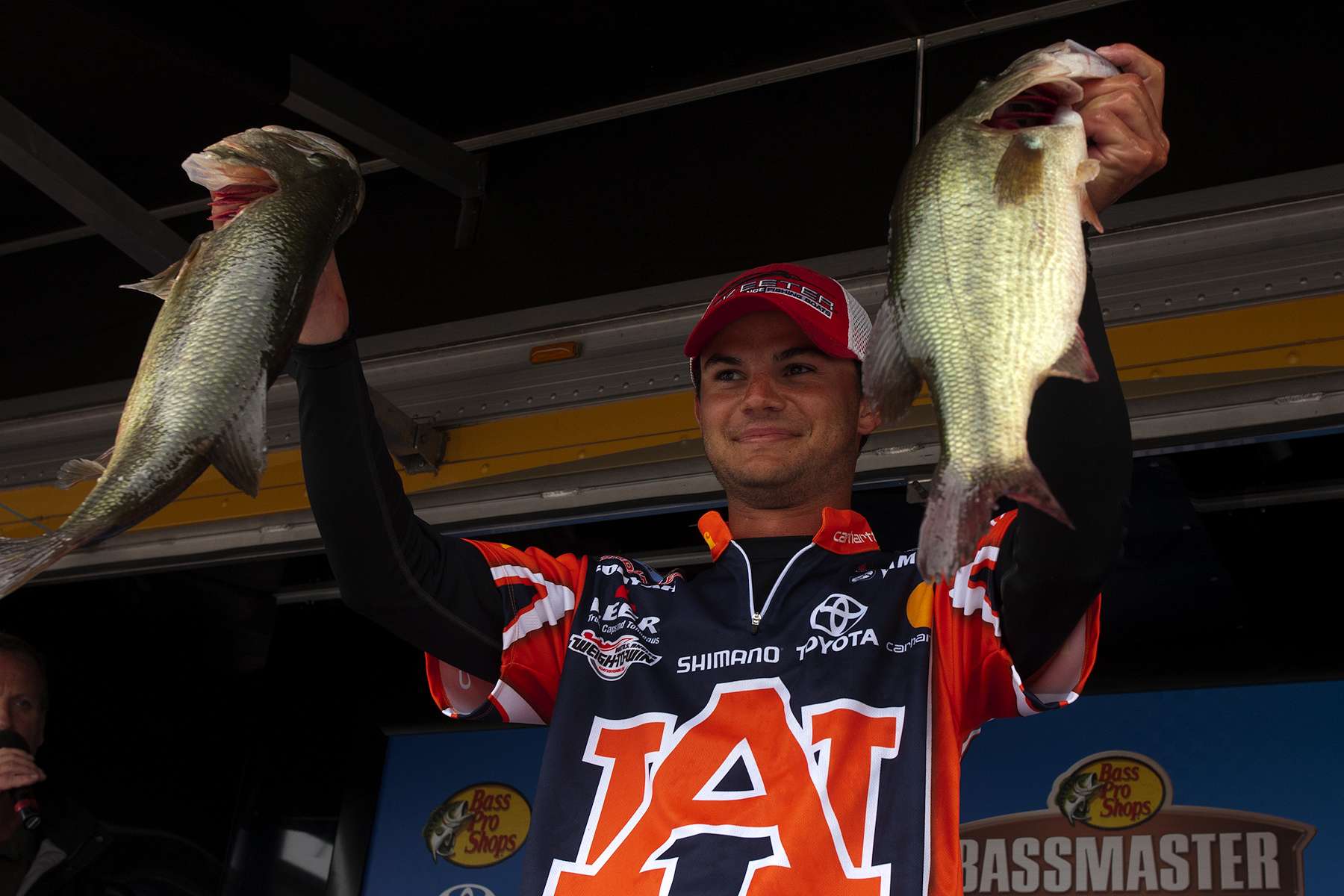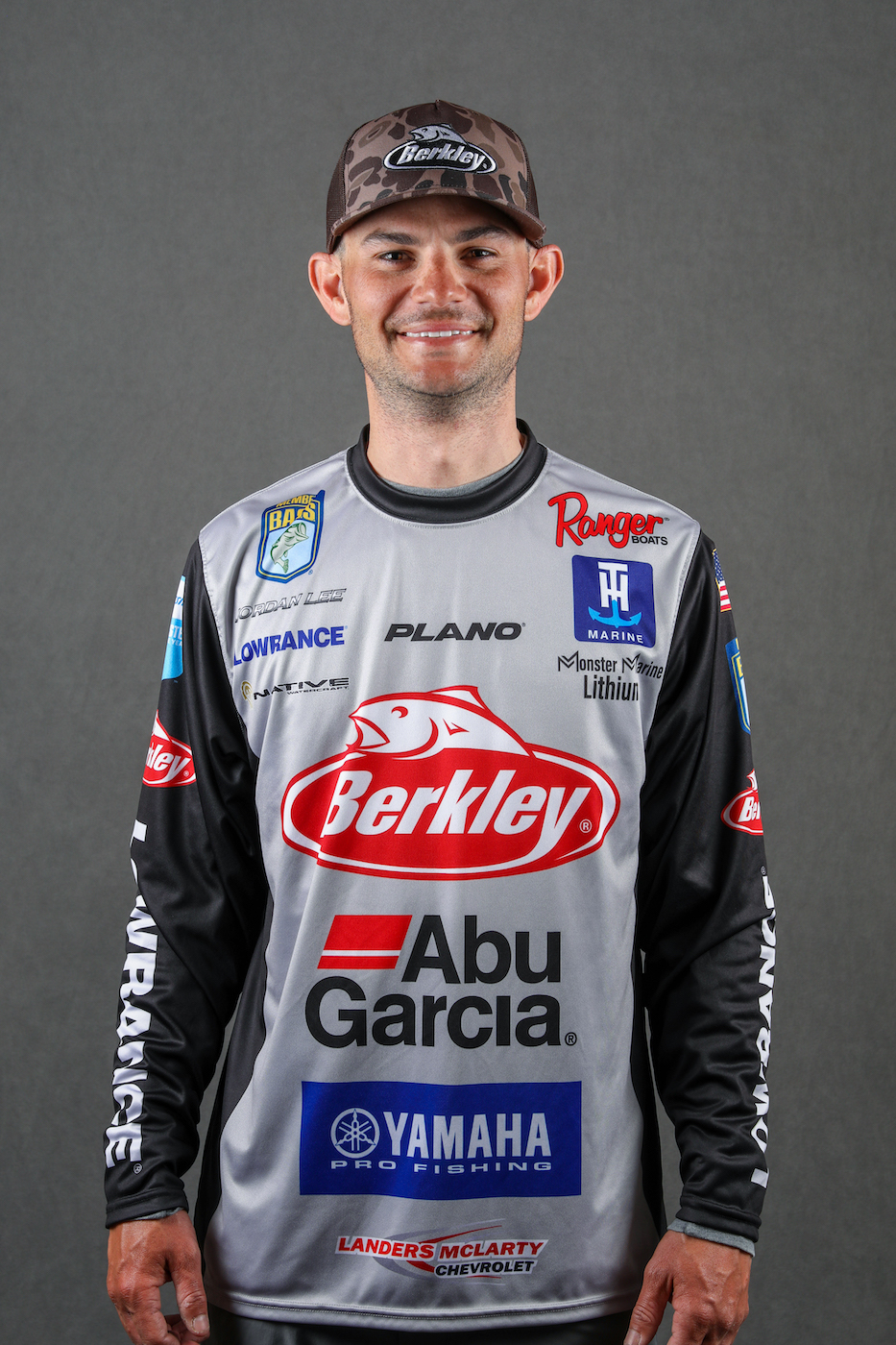
A lot has been written about college programs, and there’s been good coverage of college tournaments by B.A.S.S. and other media outlets. We need that, and I’m thankful for it. At the same time, though, we need a perspective on what it’s like to be in one of these programs. In my next two or three columns I’ll try to do that.
Before I do that, however, it’s important to acknowledge that the college — and high school — programs that are emerging around the country are one of the best things that’s happened to bass fishing in many years. They’re creating a lot of interest in our sport that wouldn’t be there otherwise.
Life has a way of sending us in directions we never dreamed about. Not every bass angler in these programs and clubs will turn pro. Like most other college and high school athletes, almost all of the competitors will move on with their lives and earn a living far away from bass fishing. That’s OK. We’re not all the same, and life would be boring if we were.
It’s critical that we (anglers) have a base in society that supports bass fishing and a group of men and women who smile when they think back on their fishing days. That’ll keep this sport alive. Participants by themselves won’t be able to do it.
As for myself — a guy who did turn pro — I can’t say enough good about what’s happening out there. Much of what I am as a competitive bass angler can be traced back to Auburn and the guys I fished with back there. That’s where I learned to win, and lose.
I started out, like most anglers, fishing local and regional tournaments. That works but it also limits your experience. You compete against the same group of anglers, on mostly local waters, using the same basic techniques.
That’s not the way it happens at the college level. The competition is more intense. It’s true that you fish on a team, but that only takes you so far. Your teammates are still your competitors. They’ll whip your butt if they can. And the teams you fish against are really good. They know how to catch bass on the clock and they play the head game and how to apply pressure.
Fishing under those conditions is not something that comes naturally to most anglers. It’s a learned skill, and college is a great place to learn that skill.
That’s invaluable experience when you turn pro. Every angler in the Bassmaster Elite Series has tons of experience, and they know what they’re doing. They’ve all fished hundreds of tournaments. They know what it’s like to be in front, and they know what it’s like to be behind. They also know how to apply pressure to a rookie, or anyone else who’s susceptible to it.
I’m not saying that’s a bad thing, and I’m not complaining about it or criticizing them for it. This is professional level competition. What I am saying is that it’s different from college, although college does give you a taste of it. I look back on it as a kind of basic training.
Professional fishing probably isn’t any different from any other sport in that regard. The jump from high school hoops to college hoops and then to the NBA is probably the same. The difference with professional bass fishing is that until we had high school and college programs most anglers climbed that ladder cold.
Next week we’ll carry on with a discussion of how college is a training ground for dealing with the media and for traveling to, and fishing, new waters.

